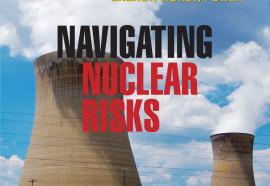I Want My In-Home Display
Consumers await a revolutionary interface.
Consumers await the revolutionary interface that will allow them to control their energy consumption. Besides maximizing efficiency in the home, these units will allow more
price and product competition. But disincentives to innovation are making for slow progress.










